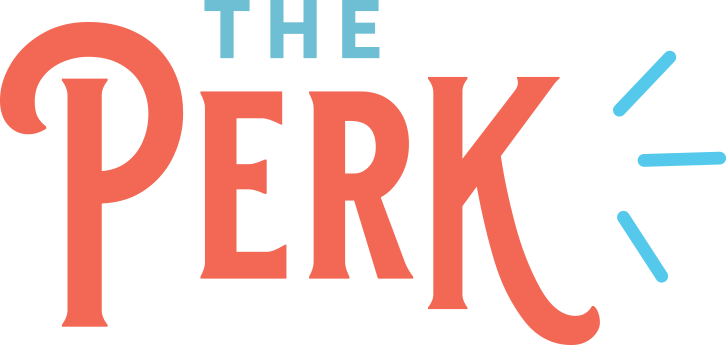A Framework for Building High Trust Teams
“There is a difference between a group of people who work together and a group of people who trust each other.” 💖
I sat in an airplane & re-read this quote from Simon Sinek’s book, “The Infinite Game.” It was a powerful quote that drove home the marked difference that a high trust team could have for recruitment, retention, team productivity, resilience, & innovation. But Sinek’s chapter on Trusting Teams left me with questions:
How do we go about building that trust?
And how do we know we are successful?
The Trust Framework:
The Perk’s Trust Framework was developed as a direct response to this idea that trust is crucial to the impact & efficiency of teams, but that it can feel intangible & complex to build in a systematic way. And for leaders that span countries, industries, small & large organizations, what would be a practical way for them to build this in an ever-shifting world?
Enter the 5 Core Trust Behaviors. By teaching leaders to embody these behaviors on a daily basis, we empower them to use their discernment & authentic leadership style to build trust quickly in any situation. The simplicity IS the superpower, & it makes the consistent adoption of these skills much more realistic. After all, consistency is one of the most important factors in how people evaluate who is trustworthy & who is not.
Our founder, Leah Roe, said it best: “Having a high-trust culture & a team that cares for & trusts each other is absolutely essential to achieve success & play the infinite game. Knowing that we all trust each other (& that it takes daily work & our daily behaviors are what build trust) makes it so much easier to focus on the vision & keep moving the team & company forward towards that vision (& in the right way).”
Trust is by Design- Here’s how we Scale Trust to Maximize Belonging & Results!
Click here for our Trust SlidesHow We Know Trust is Present:
So how do we know that we are using these skills well? What does success look like? We took to social media to get some feedback on what trust looks like in real world scenarios.
Here’s what our Perk clients & colleagues are saying:
“I witness my colleagues give grace to others when failures happen, & it makes me more likely to own up to my own failures. They say, ‘I’m sorry,’ & I choose to say it back. I’m quicker to apologize when I need to, too.”
“When I say the hard thing, they will do their best to hear me, & it makes me want to hear them.”
“It's a lot more fun to work with a team that you trust! I feel energized at the end of the day, not drained. And I love that feeling!!”
“When trust is broken, I first focus on how to repair it rather than walking away.”
“It's all radical candor, baby! Trust is rooted in caring - a feeling of being on each other's sides even when you're on opposite ends of the table. That is what enables tough conversations that actually enable change and growth.”
“I can hand them a project, client relationship, or deliverable I care about & know they will help it thrive.”
“I feel totally comfortable showing up as who I am & being vulnerable & sharing who I want to become. I am celebrated for my aspirations, my ambitions, & my vulnerability. I show up to work excited every day, & leave fulfilled, & it is because of the trust on our team & with our clients. I then get to pour that excitement & fulfillment into my family. Because of trust, I am my best self, & I personally, & all those around me, benefit from that!”
“I ask for help, & I’m willing to lend help where needed.”
“Trust on teams = energy committed to the good stuff, like how to move the organization forward. When you don't have trust, you exhaust precious energy thinking about and solving problems that are getting in the way of moving the business forward. Love me a good, trusting team!”
“I get excited about sharing ideas with my teammates!”
“When my boss invites me to be vulnerable or honest, I take them up on the offer.”
“I choose to do hard things when I know it will help the team.”
“I don’t have to hide things, & my impostor syndrome feels smaller.”
It turns out trust is much more tangible than we initially realize. It’s so tangible, in fact, that people know intuitively when trust is or isn’t present & feel tension, exhaustion, & defensiveness when it’s not there. The difference between a group of people that work together & a group of people who trust each other is evident in each interaction, every day.
Want help cultivating behaviors that build trust? Connect with a Perk coach today!
Pssst...I LOVE connecting with & growing my community! Feel free to connect with me on LinkedIn - see you there! 🤗


